We had the opportunity to catch up with Rogério Pires, CIO at JHSF. JHSF is a leader in high-income real estate in Brazil, with significant operations in the residential and commercial development markets, as well as the development and management of shopping malls, high-end hotels, and an international executive airport.
Avenue Code: Rogério, we did some research and saw that you have a lot of experience working on significant projects in large companies. Can you tell us a little about your journey to JHSF and the world of IT?
Rogério Pires: I started my career in finance at Volkswagen. I joined as a trainee and then went through a job rotation where I had the opportunity to work with technology. Since then, technology has been one of my passions, along with business. After working for some time, I received an invitation to coordinate a structuring project for the technology area of a multinational company called Schaeffler. From then on, I was invited to work at Walt Disney Brazil. That was actually one of the most challenging experiences because I entered a completely different and innovative universe where IT and business were highly intertwined. After a few years, my career changed course as I shifted from the business and IT sector at Walt Disney to a construction company. There, I was able to help implement new systems such as BI, CRM, and ERP. When I arrived at JHSF in 2013, my main mission was to restructure the IT department while taking all business units into account.
 A few of JHSF properties throughout South America
A few of JHSF properties throughout South America
Avenue Code: JHSF has several business units: incorporation, shopping malls, retail stores, hotels, restaurants, and now an executive airport. What is it like managing multiple business units internally?
Rogério Pires: Each business unit has its own technology solution, and they have specific software that is consolidated into a hold through a single ERP. With that said, managing all these business units requires the integration of business verticals (shopping malls, incorporations, hotels, retail, and etc.) in the central ERP - thus creating the possibility to consolidate results and disseminate them.
Avenue Code: Since different business units use different information systems, in your opinion, what was the biggest challenge during the implementation of processes during the JHSF digital transformation?
Rogério Pires: The biggest challenge was standardizing and unifying all the processes of each business unit within the central ERP. It was challenging because we had to integrate all the different softwares within a short period of time. The entire project took 7 months to run and deliver.
Avenue Code: How did you manage internal communication during the digital transformation? What did you use to help integrate teams?
Rogério Pires: The way we carried out internal communication was very interesting. When the project came to an end, we "turned the key" and the system became live for all users. Before that, we ran many tests during the creation of the project - I would even say it was an exhaustion of tests, because we ran two sets of unit tests as well as three sets of integrated tests. We had approximately 40 people involved in this project, among them, consultants who mainly participated in the deployment and key users of each area using the system in real time. I felt that the impact was very small because we never stopped billing, and there was no interruption in any business activity. We also found other ways to minimize the impacts of the transition by training around 500 users on how to use the platform prior to its launch, and the adoption of informational dashboards across the company floors. We also circulated a weekly newsletter announcing the next steps of the project and the progress of each stage. It was clear that system changes would greatly impact people's daily lives, so transparency was the key to success.
Avenue Code: We know that digital security is an important issue - how has JHSF put this issue to work with cloud projects?
Rogério Pires: We have some cloud projects we’re working on today. For example, our CRM. We are projected to have more activities that may go up in the cloud for next year, and we understand it’s an irreversible process. Security is always linked to good practices within the company, and we believe that it’s imperative to train people and warn them regarding the danger of opening emails or downloading files from unknown and suspicious sources. There’s no point in having a good antivirus or firewall if people are not aware of good practices on the internet.
Avenue Code: At Avenue Code, all of our IT professionals have a consultant profile, which means that we ensure there is a good understanding of the client's business before working on proposed solutions. What is the profile of your IT team?
Rogério Pires: Since 2016, we’ve been doing a lot of work trying to bring those working in IT closer to those working in business. For example, incorporation experts and shopping malls are essential in order to be less technical and more business. We also encourage internal job rotations so that our employees can experience all the areas of business in practice, and learn more about them.
Avenue Code: Because JHSF has a good deal of retail business units, how do you think retail is being impacted by the avalanche of e-commerce, and how do you see the future?
Rogério Pires: According to surveys, it’s predicted that the role of physical stores will continue to diminish. We view e-commerce, and the future of shopping spaces, as a collaborative space for people to interact with others. It’s important to captivate the customer by providing differentiated services. The Cidade Jardim shopping mall for example, is a place where we have exclusive and imported brand stores, to attract people without abandoning the experience of strolling through a pleasant environment. I believe that more and more places like that shopping center will be relevant because of the value of customer experience.
Avenue Code: Thanks for your time Rogério, it was such a pleasure learning more about JHSF and your journey towards becoming a CIO.
Author
Sthefanie Mingall
Sthefanie Mingall works in Marketing and Business Development at Avenue Code. She's passionate about old movies and traveling, although for her there is no place like home. Even so, she will always have Paris.





